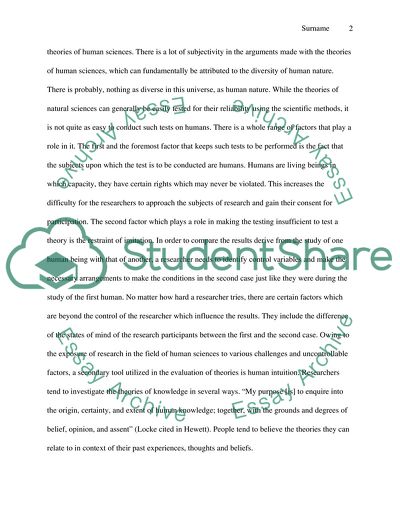Cite this document
(“What is it about human sciences and natural sciences that makes them Essay”, n.d.)
Retrieved from https://studentshare.org/religion-and-theology/1594602-what-is-it-about-human-sciences-and-natural-sciences-that-makes-them-convincing
Retrieved from https://studentshare.org/religion-and-theology/1594602-what-is-it-about-human-sciences-and-natural-sciences-that-makes-them-convincing
(What Is It about Human Sciences and Natural Sciences That Makes Them Essay)
https://studentshare.org/religion-and-theology/1594602-what-is-it-about-human-sciences-and-natural-sciences-that-makes-them-convincing.
https://studentshare.org/religion-and-theology/1594602-what-is-it-about-human-sciences-and-natural-sciences-that-makes-them-convincing.
“What Is It about Human Sciences and Natural Sciences That Makes Them Essay”, n.d. https://studentshare.org/religion-and-theology/1594602-what-is-it-about-human-sciences-and-natural-sciences-that-makes-them-convincing.


